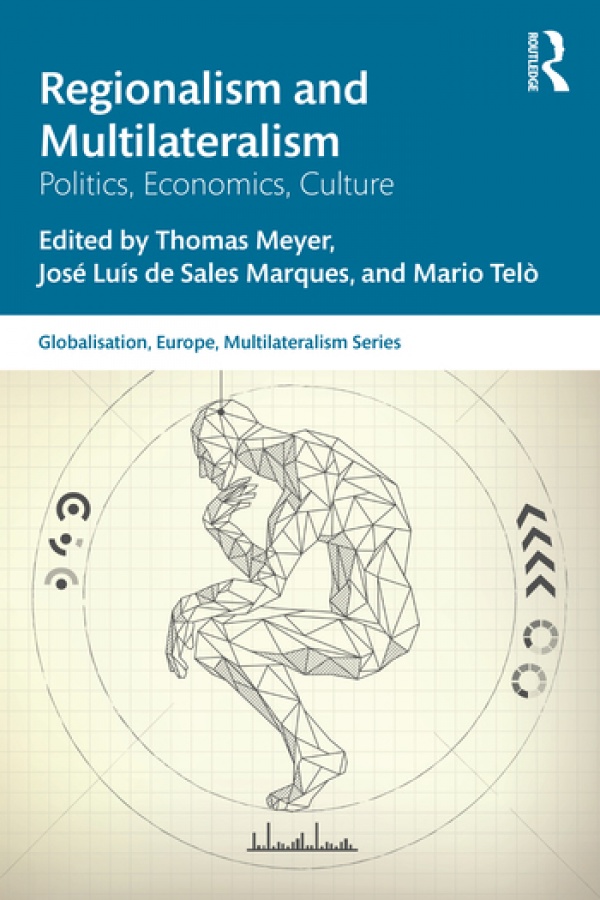Regionalism and Multilateralism Politics, Economics, Culture

"As the world debates the future shape of international order, this volume, bringing together some of the best academic scholars on regionalism, offers a feast of ideas about how different actors and forces might reshape modernity, and redefine the theory and practice of multilateralism."
Amitav Acharya, American University, USA.
Book Description
This book discusses the impact of cultural diversities and identities on regional and interregional cooperation, as well as on multilateralism.
Employing a comparative approach to organizations such as ASEAN, MERCOSUR, SAARC, and the African and European Unions, this volume seeks to understand their distinctive features and patterns of interaction. It also explores the diffusion of multidimensional interregional relations, including but not limited to the field of trade. Scholars from several disciplines and four continents offer insights concerning the consequences of both multiple modernities and the rise of authoritarian populism for regionalism, interregionalism, and multilateralism. The Covid-19 pandemic confirmed the decline of hegemonic multilateralism. Among alternative possible scenarios for global governance, the "new multilateralism" receives special attention.
This book will be of key interest to European/EU studies, economics, history, cultural studies, international relations, international political economy, security studies, and international law.
![]()
This project receives funding from the European Union's Horizon 2020 research and innovation programme under the Marie Sklodowska-Curie Grant Agreement No 722826.
















